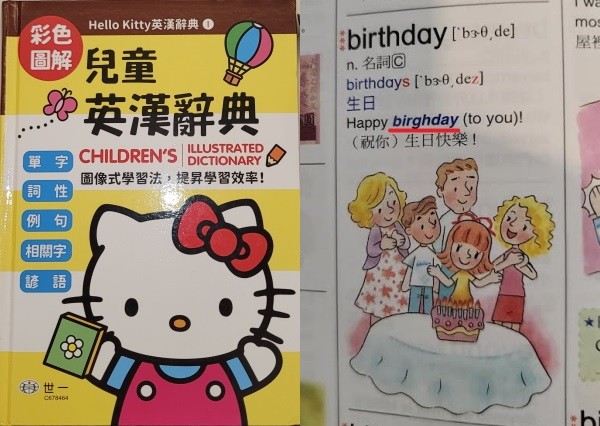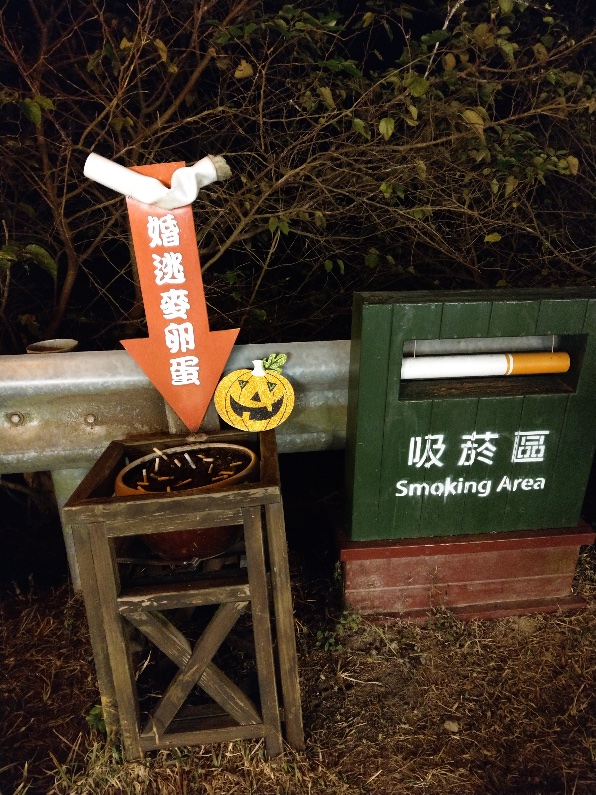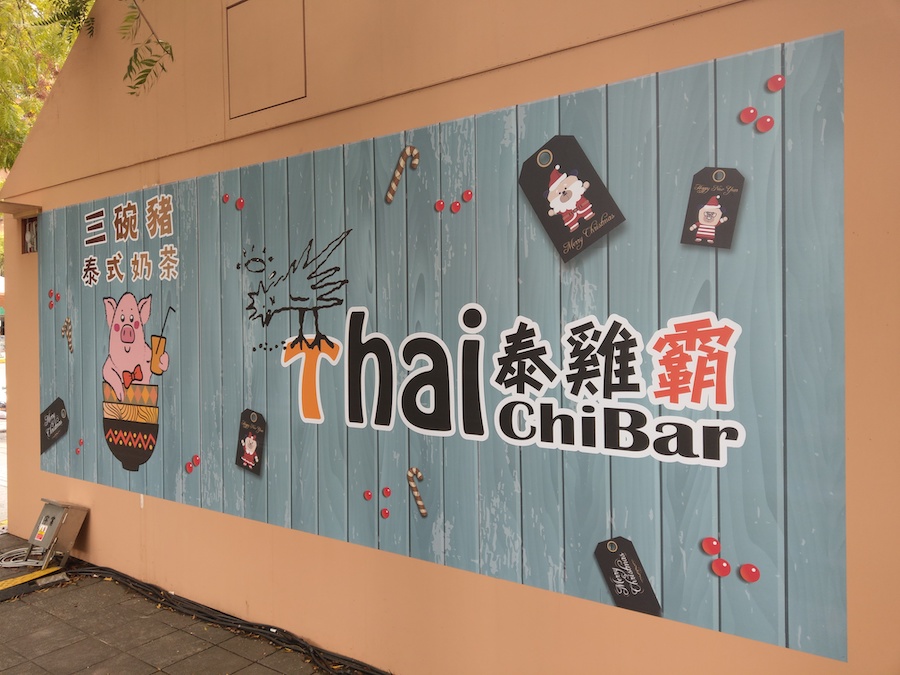Archive for Bilingualism
Tocharian Bilingualism and Language Death in the Old Turkic Context
Sino-Platonic Papers is pleased to announce the publication of its three-hundred-and-thirty-seventh issue:
“Tocharian Bilingualism, Language Shift, and Language Death in the Old Turkic Context,” by Hakan Aydemir.
ABSTRACT
The death of a language is a sad and dramatic event. It is, however, a fact that many languages died out in the past and are now dying out as well. However, although we often know the time and causes of present or recent language deaths and have a relatively large amount of information about them, we often do not know the time and causes of past language deaths, or our knowledge of these processes is very limited. In other words, the very limited written sources or linguistic material make it very difficult to study “language shift” or “language death” phenomena in historical periods.
Read the rest of this entry »
Pinyin vs. English
I knew that in the future it would come to this. More than forty years ago, I predicted that one day China would have to make a choice between Hanyu Pinyin and English when it comes to phonetic writing. As we say in Mandarin, "guǒrán 果然" ("as expected / it turns out")….
It seems that there's been quite a flap over the replacement of signs for subway station stops from English to Hanyu Pinyin, as documented (verbally and visually [many photographs]) in this Chinese article. Naturally, the Chinese characters are there in either case, but what people are complaining about is the replacement of English with Hanyu Pinyin. For example, changing "Library" to "Tushuguan" or "Hefei Train Station" to "Hefei Huochezhan".
Read the rest of this entry »
Bilingual book takes top honors at New Zealand Children's Book Awards
Read the rest of this entry »
Egregious errors
From Taiwan News (3/25/23), by Keoni Everington:
"Taiwanese 'Hello Kitty' English-Chinese dictionary has 70 'egregious errors'
Publisher ACME Cultural Enterprise Co has admitted errors but not recalled dictionaries"

Cover of dictionary, example of misspelling. (Eryk Smith photo)
Read the rest of this entry »
Another multilingual, multiscriptal sign in Taiwan
Mark Swofford sent in this photograph of a clever, curious sign at an automobile repair shop in Taiwan:
Read the rest of this entry »
Chicken hegemon
From Mark Swofford:
The back of a restaurant stand going up in front of the Banqiao train station as part of a temporary market for the Christmas season.
Read the rest of this entry »
Cantonese ad for teppan steak
Café de Coral Advertisement with Hong Kong Cantonese Lexical Items:
(source: from their Instagram account)
Read the rest of this entry »
Sino-French language lessons
Chinese signs from Quora. Since they are rather lengthy and come with French explanations, I will depart from my usual Language Log treatment of providing Romanizations, transcriptions, and translations for the Chinese. Instead, I will only give English translations (based mainly on Google translations of the French, with slight modifications).
En raison de la population nombreuse et du nombre insuffisant d'agents de police, les Chinois ont développé une culture unique en matière de panneaux d'avertissement intimidants :
Panneau de signalisation : "Veuillez conduire en toute sécurité, il n'y a pas d'hôpital à proximité".

Due to the large population and insufficient number of police officers, the Chinese have developed a unique culture of intimidating warning signs.
Warning sign: "Please drive safely, there is no hospital nearby".
Read the rest of this entry »




